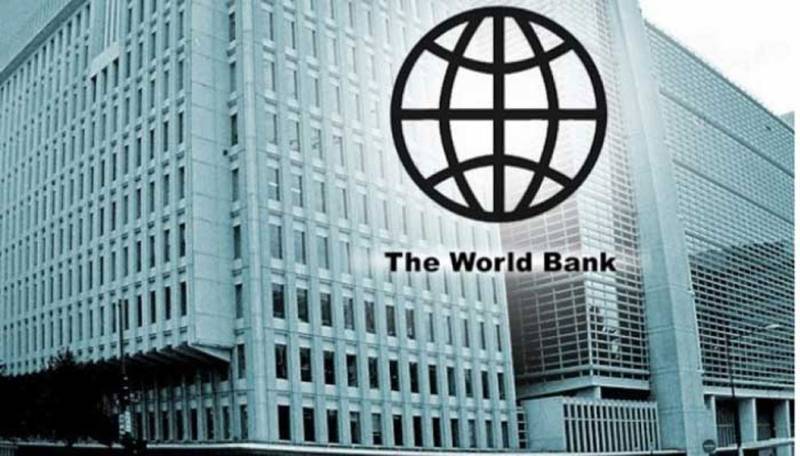ISLAMABAD - The World Bank (WB) and Asian Development Bank (ADB) would jointly provide about $4 billion in budget and balance of payment support to Pakistan over the next 18 months to address the immediate impacts of COVID-19, mitigate socio-economic disruption and support reforms.
In addition, both the banks would continue to work with the government to accelerate or repurpose the existing commitments in investment projects and the fiscal year 20/21 pipeline to support recovery and resilience across the country.
President WB David Malpass and President ADB Masatsugu Asakawa have written a joint letter to Prime Minister Imran Khan urging the government to stay the course on the medium-term structural reforms that will enable Pakistan to make a stronger and quicker recovery as the crisis subsides. The two institutions recognized that important structural reforms implemented before the onset of COVID-19 by the government were starting to stabilize Pakistan’s economy.
The Presidents said that five structural reforms remain critical to a strong economic recovery and would benefit from your continued personal leadership. They said it will be important to harmonize general sales tax across the country and eliminate the special treatment of agriculture income for purposes of income taxation. These measures will increase revenues and reduce compliance cost and tax evasion. At the same time, they urged the government not to grant new concessions to privileged businesses.
They noted that the government is strengthening its debt management framework by establishing an integrated debt management office and a macro-fiscal function in the Finance Division. These are important institutional anchors for the medium-term macroeconomic framework. The crisis also provides an opportunity to re-examine the subsidy regime and make it fiscally sustainable and better purposed to support the poor and vulnerable. The debt sustainability framework for Pakistan will need to substantially increase the transparency of debt and investment, including through an integrated debt management function.
They also acknowledged the recently announced Global Debt Relief Initiative. “In this, we would like to note the G20 agreement of 15 April 2020, which supported a time-bound suspension by all bilateral official creditors of debt service payments for countries that request forbearance starting on May 1. We are pleased to learn that Pakistan wrote on May 1, 2020, to its bilateral creditors seeking debt standstill as per G20 agreement of 15 April 2020.”
They also acknowledged the government’s commitment to use the fiscal space generated by this temporary debt service suspension to prioritize expenditure to support the poor and vulnerable.
In the energy sector, the WB and ADB recognized that the federal cabinet has recently approved significant actions to reform the power sector and work is underway. It will be important now to implement the measures to reduce the cost of power, including by reviewing expensive power purchase agreements in a transparent manner; avoid non-transparent commitments on debt and investment; disclose the terms and costs of existing commitments; implement institutional reforms, including performance metrics for sector entities to reduce losses and improve collections; and accelerate renewable energy deployment through private investments. This path will improve sector financial viability by significantly reducing circular debt.
Meanwhile, in financial sector, the decisive reforms implemented by the State Bank of Pakistan (SBP) to adopt a market-determined exchange rate and the government’s decision to phase out borrowing from the SBP to finance the budget deficit have closed the current account deficit and moved Pakistan to a sustainable external position. These reforms have also improved investor confidence. We would recommend that these reforms be preserved by amending the SBP Act to codify the independence of the SBP in running monetary policy. The Securities and Exchange Commission (SECP)’s work on reforming financial markets requires amendments in the SECP Act to enhance its governance and operational efficiency, and the enactment of new legislation to promote issuance of derivatives are required to push the reform process forward.
In investment climate, the WB and ADB noted that increasing private investment and export capabilities of the economy will be critical to improving Pakistan’s growth prospects. In this regard, reforms to streamline and digitize regulations, reduce and eliminate ineffective subsidies and market distortions including in agriculture and water, allow the private sector a bigger role in the provision of economic services -- through corporatization and ambitious divestment of state-owned enterprises, and improving the development finance architecture will enable Pakistan to boost its lagging investment rate to higher levels.






